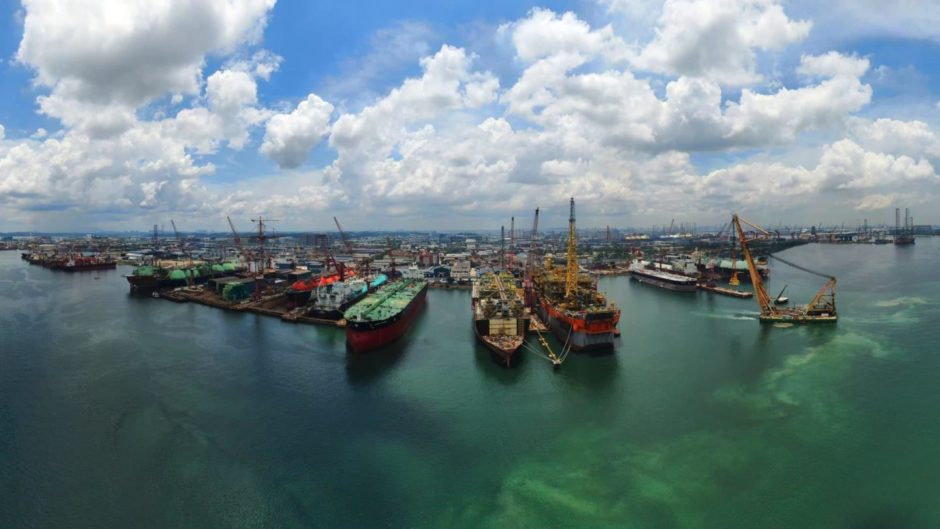
Singapore took further steps toward its goal of sourcing renewable power abroad by inking agreements with Indonesia and Cambodia.
Indonesia and Singapore agreed to jointly develop renewables that could help supply the city-state. The countries signed a memorandum of understanding to create a framework for commercial cooperation on renewables, transmission infrastructure and cross-border electricity trading, Singapore’s Ministry of Foreign Affairs said in a statement on Thursday.
The move signals that Indonesia will endorse exporting clean power, after the nation’s officials last year debated whether to ban or restrict deliveries to keep more supply at home. Singapore, which currently generates 95% of its electricity using natural gas, seeks to import around 30% of its needs by 2035 as it decarbonizes its economy.
To help meet that goal, Keppel Infrastructure Holdings said it obtained conditional regulatory approval from Singapore’s Energy Market Authority to import 1 gigawatt of renewable capacity from Cambodia.
The project will include a new subsea cable of more than 1,000 kilometers (620 miles) connecting Cambodia with Singapore, the EMA said in an emailed statement. That’s further than major current interconnectors such as the UK-Norway North Sea Link.
Indonesia and Singapore also signed a pact to boost foreign investment and develop a renewables manufacturing industry on the Riau Islands, which are near the city-state, the Sustainable Energy Association of Singapore said Thursday. The so-called Green Corridor plan would leverage proposed investments in generation for Indonesian needs and for export to Singapore, it said.
Companies are seeking to unleash Indonesia’s solar potential, which it also plans to rely on to meet its own climate goals. Indonesia is also emerging as a key power provider to Singapore, which has limited options for carbon-free generation domestically, after Malaysia banned exports of renewable energy in 2021.
Cambodia’s Royal Group Power will supply electricity generated from 4 gigawatts of installed solar, hydro and potentially wind capacity for the Keppel project. Subject to other approvals, power exports are expected to commence post-2030.
Singapore’s government plans to review other power import proposals and will grant conditional approvals before the end of the year, according to the EMA.
Recommended for you
